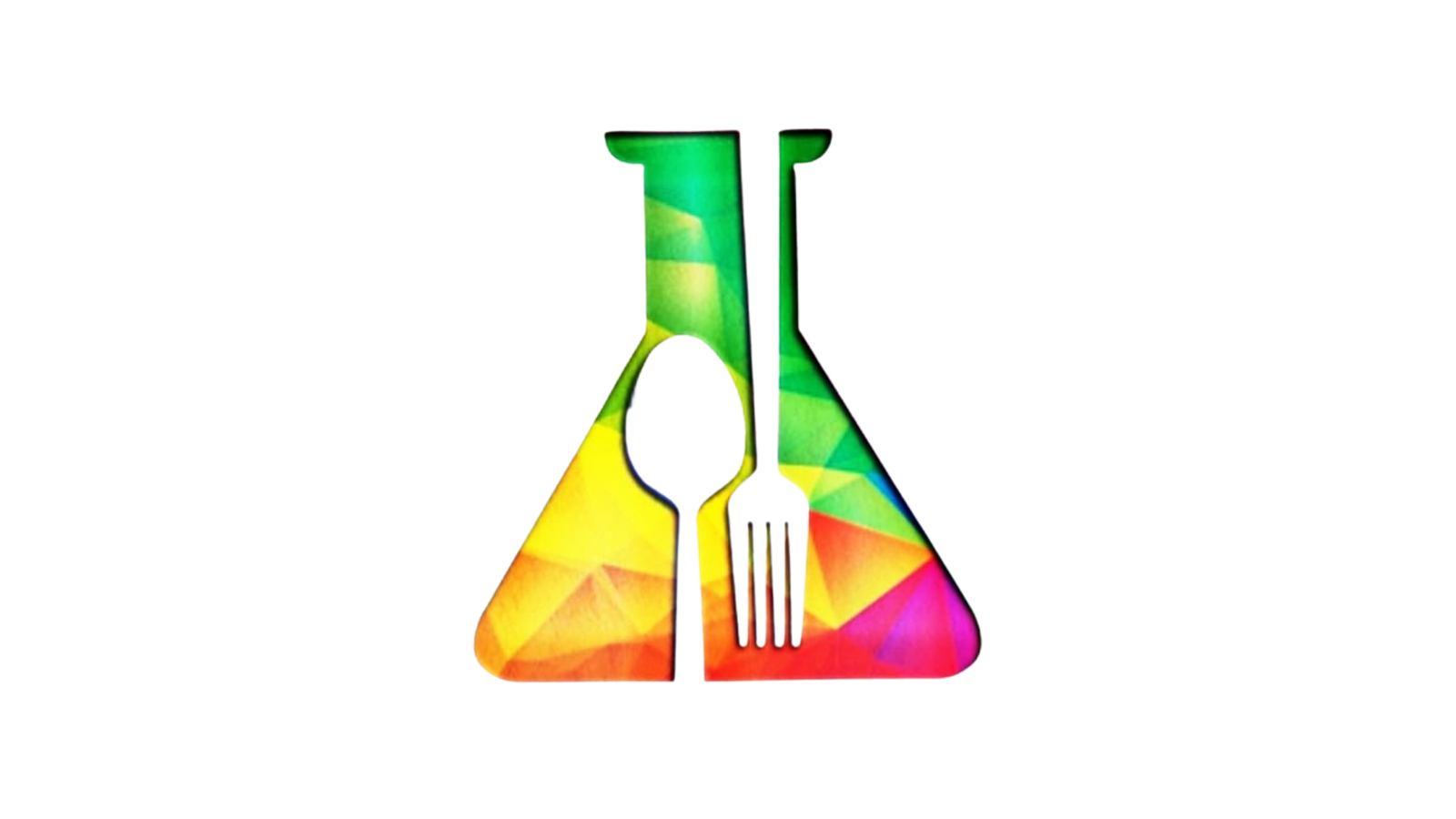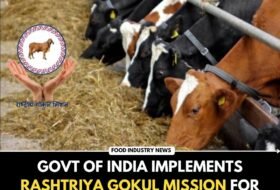The Indian Council of Agricultural Research (ICAR) will launch its ‘One Scientist-One Product’ programme on July 16 to improve research in the field of agriculture and animal husbandry. It will also formally announce the release of 323 varieties of 56 crops, including cereals, oilseeds, forage crops, and sugarcane, at a function in Delhi on Tuesday as part of the 96th foundation day of the institution. These crops include 289 climate-resilient varieties and 27 bio-fortified varieties.
The ‘one scientist, one product’ programme will be inaugurated by Union Agriculture Minister Shivraj Singh Chouhan.
Five-year plan
Explaining the programme, ICAR Director-General Himanshu Pathak told reporters in Delhi on Monday that the ICAR had given a target to all 5,521 scientists under the institution to come up with a product, a technology, a model, a concept or a good publication. At the beginning of every year, the scientist or a group of scientists will have to identify the product, and the ICAR will map the scientist’s or the group’s work. “We will monitor it at the institute level every three months and at the headquarter level every six months. This is a long plan,” he said. The scheme will work for five years. “This year, we’re prioritising seed hubs for high-yielding oilseeds and pulses varieties,” he added. Dr. Pathak said the ICAR is also working to develop 100 new seed varieties and 100 farm technologies in 100 days as part of the Centre’s 100-day action plan. He said the ICAR will request Prime Minister Narendra Modi’s time to launch these programmes by mid-September.
Production boost
The ICAR said in a release that with the help of breeder seeds, about 16 million hectares (Mha) are under bio-fortified varieties of different crops, including wheat (13 Mha), rice (0.5 Mha), pearl millet (1.5 Mha), lentil (0.50 Mha) and mustard (1.0 Mha) during 2023-24. “Deployment of climate-resilient technologies led to enhanced production even during the abnormal years,” the ICAR said.
It said that from 2014-15 to 2023-24, a total of 2,593 high-yielding varieties were released. These include 2,177 climate-resilient (83% of total) varieties with biotic and abiotic stress resistance, and 150 bio-fortified crop varieties.

About ICAR
The Indian Council of Agricultural Research (ICAR) is an autonomous organisation under the Department of Agricultural Research and Education (DARE), Ministry of Agriculture and Farmers Welfare , Government of India. Formerly known as Imperial Council of Agricultural Research, it was established on 16 July 1929 as a registered society under the Societies Registration Act, 1860 in pursuance of the report of the Royal Commission on Agriculture. The ICAR has its headquarters at New Delhi.
The Council is the apex body for co-ordinating, guiding and managing research and education in agriculture including horticulture, fisheries and animal sciences in the entire country. With 113 ICAR institutes and 74 agricultural universities spread across the country this is one of the largest national agricultural systems in the world. The ICAR has played a pioneering role in ushering Green Revolution and subsequent developments in agriculture in India through its research and technology development that has enabled the country to increase the production of foodgrains by 6.21 times, horticultural crops by 11.53 times, fish by 21.61 times, milk by 13.01 times and eggs by 70.74 times since 1950-51 to 2021-22, thus making a visible impact on the national food and nutritional security. It has played a major role in promoting excellence in higher education in agriculture.
It is engaged in cutting edge areas of science and technology development and its scientists are internationally acknowledged in their fields.
🔊 Be Aware, We never charge any consultancy fee for jobs.
📲 Foodtech Network WhatsApp Jobs Group
🔗 WhatsApp Groups
📈 Food Entrepreneurs & Startups (Our services)
🔗 https://bit.ly/3JDyPIN

























